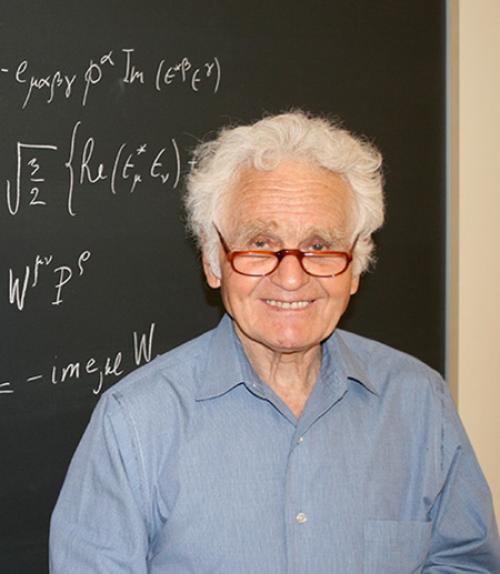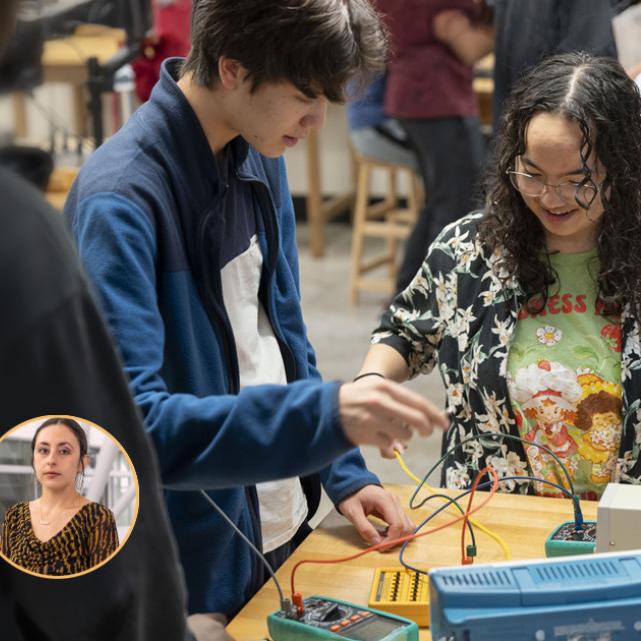
 Department Homepage
The College of Arts & Sciences
Department Homepage
The College of Arts & Sciences
Renowned dissident Yuri Orlov, professor emeritus, dies at 96
Internationally renowned physicist, human rights champion and Soviet-era dissident Yuri Orlov, professor emeritus of physics in the College of Arts and Sciences (A&S), died Sept. 27 in Ithaca. He was 96.




